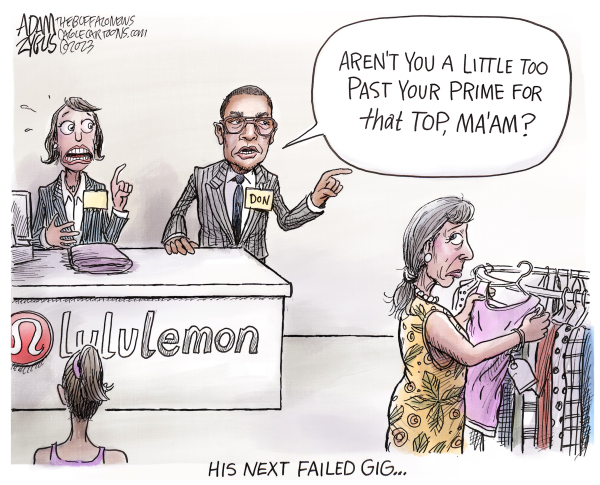As the state’s power and reach grows, the people’s freedom shrinks. Buckley knew that. Americans who don’t yet, will discover how true it is. That’s why Buckley spent a lifetime opposing the growth of the state.
American Greatness "William F. Buckley Jr., one of the most important intellectuals of the second half of the 20th century, died in February 2008. A few months later, Barack Obama was elected president. America has never been the same. Now Obama’s vice president, Joe Biden, occupies the Oval Office, and many believe he is the worst president in our history. Buckley’s inheritance of wisdom—and wit—are needed now, more than ever. People who remember Buckley, and his times, wonder if the nation can survive.
"Buckley is known as the founder of the modern conservative movement in the United States: he burst onto the scene in the early ’50s, with God and Man at Yale, his critique of the increasingly godless university in New Haven, Connecticut, and a few years later with the founding of National Review magazine, standing, as he put it, athwart history, yelling stop.
"History may not have stopped then, but its pace was slowed to glacial compared to the breakneck pace of today’s suicidal race to disaster.
"What was Buckley’s chief skill? Many would probably say it was writing. His output was prodigious: he wrote 55 books, 400 articles and book reviews, thousands of columns, and probably 2,000 or so speeches.
"He could write—type—anywhere. I remember watching him on his boat, heeled over hard, typing a column that had to be phoned in as soon as we got to port. A friend remembers sitting next to him on the Eastern Airline’s shuttle from Washington to New York after they both, coincidentally, had interviewed a high-ranking visiting dignitary. Before the plane took off, Buckley had started typing his column. Before they landed, he’d finished it. I remember having a, uh, luxurious dinner at a restaurant with him one night (his wife, Pat, was away, and the staff was off). The wine was, yes, luxurious too, and I decided not to take the train home that night. I went upstairs at Bill’s and fell into a deep, yes, luxurious sleep.
"Bill went up to his office and wrote two columns.
"And yet: writing may have been Buckley’s second-most important skill. His most important skill, and contribution to America, may have been organizing. People forget—if they ever knew—how many conservative institutions Buckley started. Mao may have marched through the institutions; Buckley founded them. Buckley probably never intended to create the “conservative movement,” but he seems to have had a sense that organization was necessary—that organizations were necessary.
"And so he created them: National Review of course, in 1955, then Young Americans for Freedom in 1960, the New York Conservative Party in 1962, the Philadelphia Society in 1964, and the Fund for American Studies in 1967. All of that became the housing for the conservative movement. And the New York Conservative Party became the vehicle for electing Buckley’s brother, James, to the U.S. Senate in 1970. That was a shocker to the reigning liberals: the times seemed to be changing.". . .







.jpg)






